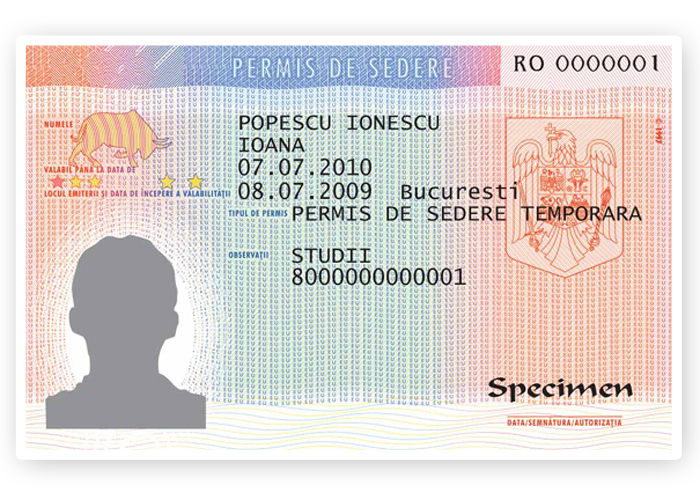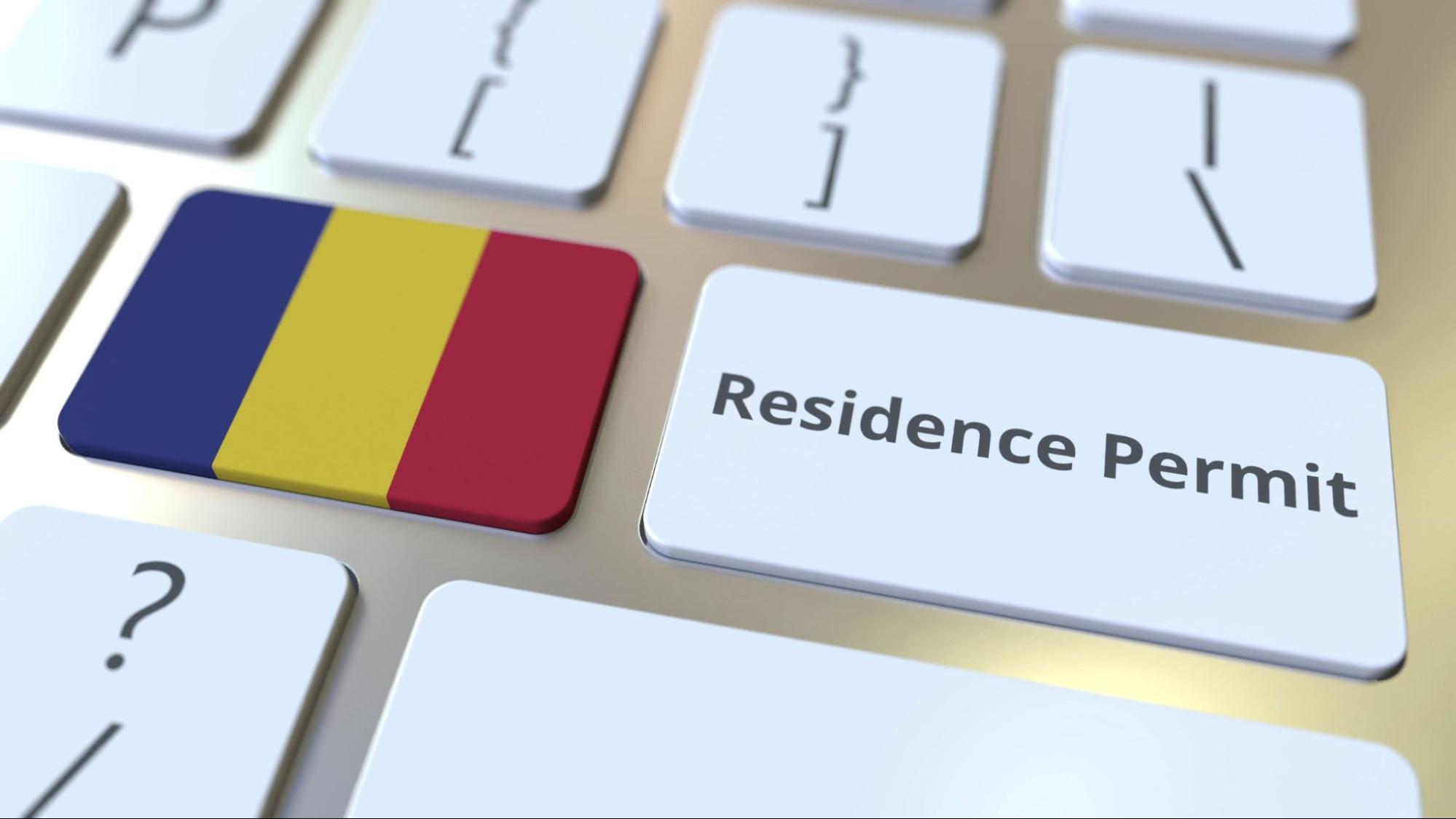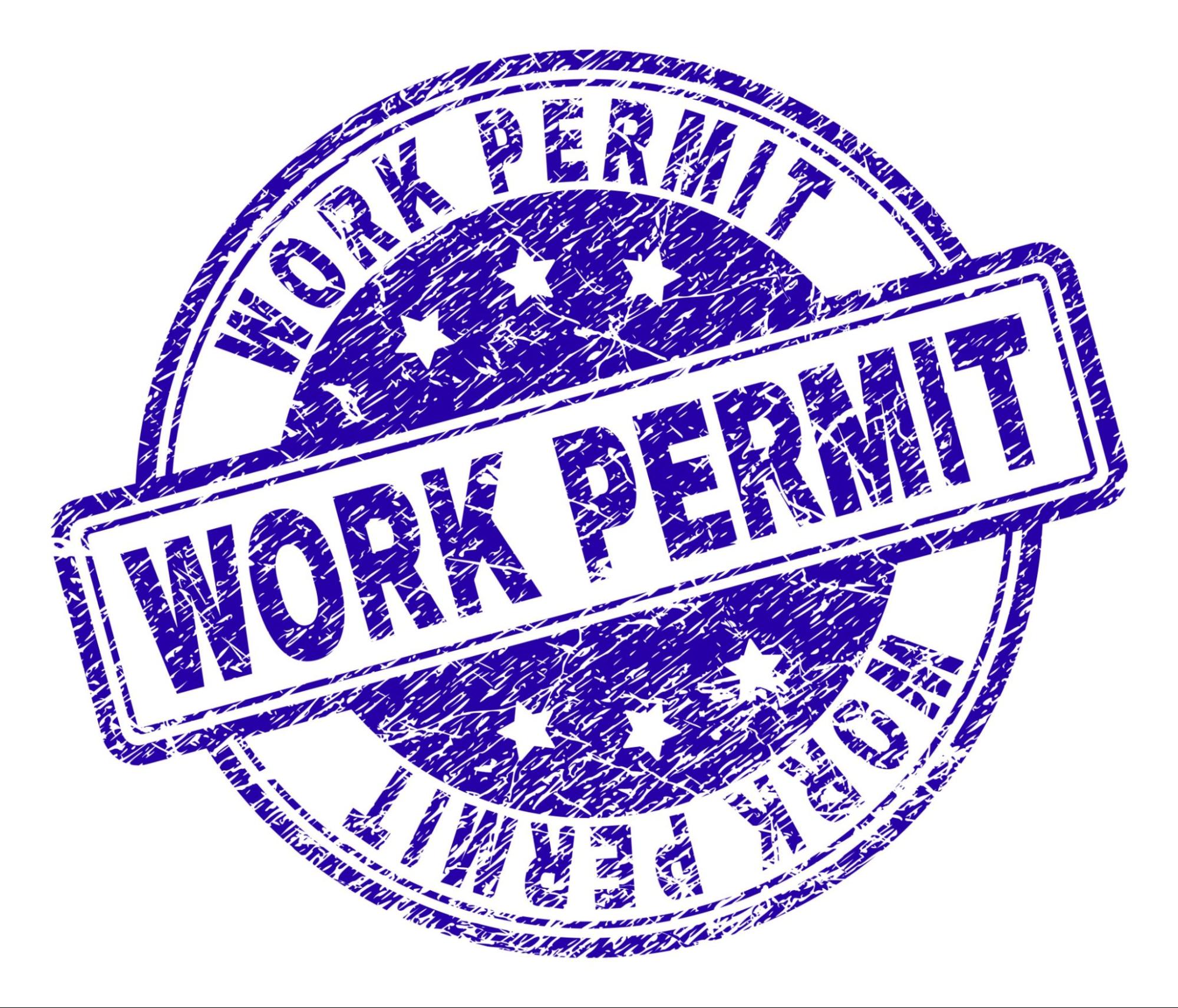Residency and Work Permits in Romania
If you're considering living and working in Romania for an extended period, you'll need to navigate the process of obtaining a Romania residence permit. This comprehensive guide will walk you through the requirements, procedures, and essential information to make your relocation to Romania as smooth as possible.

Who Needs a Romania Residence Permit?
Everyone intending to stay in Romania for longer than 90 days must secure a Romania residence permit. This includes citizens of the European Union (EU), European Economic Area (EEA), and Switzerland. While EU/EEA/Swiss citizens have a simpler process, non-EU/EEA/Swiss nationals must adhere to more specific requirements.
Applying for a Romania Residence Permit
Foreign nationals wishing to stay in Romania for an extended period must acquire a Romania residence permit. This comprehensive guide will take you through the various aspects of the application process, including detailed information and specific requirements based on your nationality and the purpose of your stay.

For Non-EU/EEA/Swiss Citizens
For non-European Union (EU), European Economic Area (EEA), and Swiss citizens, the path to obtaining a Romania residence permit can be intricate, requiring careful planning and adherence to specific prerequisites. This section outlines the crucial steps and documentation necessary for a successful application.
Preliminary Requirements
The path to obtaining a Romania residence permit depends largely on the reason for your travel. Here are the essential steps to consider before you depart for Romania:
- For Work: If your journey is motivated by employment, your prospective employer in Romania must secure work authorization for you from the Romanian Inspectorate General for Immigration.
- For Study: As a student, you must obtain authorization to study from the Romanian Ministry of Education.
- For Family Reunification: If you're joining a family member in Romania, your sponsor in the country must obtain authorization to bring you from the Romanian Inspectorate General for Immigration.
Applying for a Romania Long-Stay Visa
Once you've obtained the relevant authorization from the Romanian authorities, your next step is to apply for a Romania long-stay visa. The long-stay visa allows you to enter Romania legally with the purpose of subsequently applying for the Romania residence permit. It's crucial to note that you cannot apply for a residence permit if you've entered Romania with a short-stay visa.
Applying for the Romania Residence Permit
Upon arriving in Romania with your long-stay visa, you must submit your residence permit application at a local General Inspectorate for Immigration office. The Romanian immigration authorities also offer an online application submission option to streamline the process and reduce waiting times. You can find the online application portal on their official website.
The processing time for a Romania residence permit application typically takes around 30 days after submitting all the required documents.
For EU/EEA/Swiss Citizens
Citizens of the EU, EEA, and Switzerland have a less complicated process for obtaining a Romania residence permit. Instead of applying for a traditional residence permit, they are only required to register their residence at a local office of the General Inspectorate for Immigration in Romania. However, if they do not plan to work in Romania, they must demonstrate financial self-sufficiency.
Requirements for a Romania Residence Permit
The documentation and requirements necessary to obtain a Romania residence permit vary based on the purpose of your stay. Here's an overview of the key documents you'll need for each category:
For Employment
- Residence permit application form
- Original passport and a photocopy
- Proof of accommodation in Romania (e.g., legal ownership)
- Employment contract
- A statement concerning your salary
- A medical certificate from a public or private healthcare institution affirming your good health and the absence of diseases posing a public health threat
- Proof of payment for the residence permit fee
For Studying
- Residence permit application form
- Original passport and a photocopy
- Letter of acceptance from your educational institution in Romania
- Letter of authorization for pursuing studies in Romania
- Proof of financial means, usually set at a minimum gross salary
- A medical certificate stating that you are free from any health condition endangering public health
- Proof of accommodation
- Proof of payment for the residence permit fee
For Family Reunification
- Documents demonstrating family ties, such as birth or marriage certificates (these documents may need to be translated and apostilled)
- An authenticated letter confirming that the sponsor (the family member in Romania) will live together with the reunited family
- A letter from the sponsor declaring that the relationship is neither bigamous nor polygamous (relevant for spouses)
- Proof of the sponsor's financial means to support their family members
- Copies of both the sponsor's and family members' passports
- Proof of accommodation in Romania
- Proof of social health insurance for both the sponsor and the family member/s
- A medical certificate from a public or private healthcare institution stating that neither the sponsor nor the family member/s suffer from any diseases that are a threat to public health
- Proof of payment for the residence permit fee
Extending a Romania Residence Permit
Yes, it is possible to extend your Romanian residence permit. It is advisable to initiate the extension process at the local office of the General Inspectorate for Immigration at least three months before your current permit expires.
Duration and Extension
The duration of a Romanian residence permit varies depending on the purpose:
- For employment, the permit is typically issued for the duration of the work contract plus an additional three months, not exceeding three years.
- For studying, a residence permit may be granted for up to one year.
- For family reunification, the permit duration matches that of the sponsor. If the sponsor is a Romanian citizen, the residence permit can be issued for up to five years.
Romanian Long-term Residence Permit
After residing in Romania with a temporary residence permit for at least five years and not exceeding a total of six months outside of Romania within that period, you may become eligible for a Romanian long-term residence permit. However, not all types of temporary residence permits are eligible for conversion into a long-term permit.
Applying for a Romanian Long-term Residence Permit
To obtain a Romania long-term residence permit, follow these steps:
- Request the right to live in Romania long-term from the General Inspectorate for Immigration in your county.
- If your request is approved, you must submit the following documents:
- Application form for a Romanian long-term residence permit
- The original and a photocopy of your passport or other travel document
- Proof of accommodation in Romania, including the original and a copy
- Proof of sufficient financial means (except for family members of Romanian citizens)
- Proof of social health insurance in Romania
- A certificate of police clearance issued by Romanian authorities
- Any required civil status documents
It's essential to note that these requirements are not exhaustive, and the specific requirements may vary based on your individual circumstances and the current regulations. Therefore, it is highly recommended to consult with the Romanian immigration authorities in your place of residence in Romania for the most up-to-date and comprehensive information regarding the process.
Work Permits in Romania: General Aspects
Work permits are essential for non-European Union (EU)/European Economic Area (EEA)/Swiss foreign individuals seeking employment in Romania. This comprehensive guide explores the key aspects of obtaining a work permit in Romania, including types of work permits and recent simplifications in the application process.

Why Work Permits Are Necessary
Work permits are mandatory for non-EU/EEA/Swiss individuals intending to work in Romania. They are granted at the employer's request by Romanian immigration authorities. Work permits are essential to obtain a long-stay visa or residence permit for employment or assignment purposes. In Romania, foreigners cannot work legally without a valid work permit.
Specifics of Work Permits
A work permit in Romania does not provide general authorization to work in the country. Instead, it is tied to a single employer (the one who requested it) and a specific job position. If a foreign worker changes employers or job positions, they must secure a new work permit, even if their existing one is still valid.
However, recent simplifications have been introduced for certain cases. Foreign workers who change jobs with the same employer or move to a new employer can do so without providing proof of selection or payment of obligations to the state budget. Instead, they need to submit a clean statement of their criminal record issued by Romanian authorities.
Types of Work Permits
Work permits in Romania vary based on the type of work-related activity and the qualifications of the foreign worker. Here are the main types:
1. Work Permit for Local Hires
- The foreign worker is employed in Romania and enters into a local employment contract.
- This permit is valid as long as the local employment contract remains valid, and it is automatically extended upon renewal of the residence permit (single permit).
- Specific pre-conditions must be met by both the Romanian employer and the foreign national.
2. Work Permit for Highly-Skilled Employees
- The foreign worker is employed in Romania in a highly-skilled position and concludes a local employment contract.
- This permit is valid for up to 2 years and is extendable.
- Eligibility conditions include proving high skills/qualifications needed for the highly-skilled position and having a salary of at least 2 times the average gross salary.
3. Work Permit for Assignees
- This permit is valid for a maximum of 1 year and is not extendable due to legal restrictions on the right to stay in Romania for assignment purposes.
- It is obtained based on an employment contract and assignment letter issued by the employer outside Romania.
- Foreigners with residence permits in an EU or EEA country or Switzerland may be seconded for a period longer than 1 year within a 5-year timeframe, subject to specific conditions.
4. Work Permit for ICT Workers
- The assignment duration can be up to 3 years for foreigners in management or specialist positions and up to 1 year for trainee workers.
- Specialists must have at least 3 years' professional experience relevant to the area of activity, along with technical or management knowledge useful to the service beneficiary. They must also have a minimum of 6 consecutive months' experience within the same company or group of companies.
- Trainees must have at least 3 consecutive months' experience within the same company or group of companies.
- Foreigners holding ICT permits from other EU states can work in Romania as ICT workers once the Romanian company registers the work permit application, without waiting for the permit's issuance.
Other Work Permit Types
Apart from the main categories mentioned above, Romania offers work permits for seasonal workers, interns, au pair workers, and cross-border workers. These specialized permits cater to different employment scenarios and requirements, ensuring that the Romanian workforce remains diverse and accommodating to various foreign workers.
FAQ
- Who needs a Romania residence permit?
Anyone planning to stay in Romania for more than 90 days, regardless of nationality, must obtain a residence permit.
- What is the process for obtaining a Romania residence permit for non-EU/EEA/Swiss citizens?
The process depends on the purpose of travel, such as work, study, or family reunification. Employers must secure work authorization, students need authorization from the Ministry of Education, and family members must have a sponsor obtain authorization.
- Can I apply for a Romania residence permit before arriving in Romania?
No, you must first enter Romania with a long-stay visa based on your purpose of travel and then apply for the residence permit.
- How long does it take to process a Romania residence permit application?
Generally, it takes about 30 days to process a residence permit application after you've submitted all the required documents.
- What are the requirements for EU/EEA/Swiss citizens to obtain a Romania residence permit?
EU/EEA/Swiss citizens need to register their residence at a local General Inspectorate for Immigration office in Romania. If they don't intend to work and support themselves, they must demonstrate financial self-sufficiency.
- Can a Romania residence permit be extended?
Yes, it is possible to apply for an extension of your Romanian residence permit. It is recommended to apply at least three months before the current permit's expiration.
- How long is a Romania residence permit valid for?
The duration of a Romania residence permit depends on the purpose of stay. For employment, it's usually the duration of the work contract plus an additional three months, not exceeding three years. For studying, it may be granted for up to one year. Family reunification permits match the sponsor's residence permit duration, with a maximum of five years.
- What is a Romanian long-term residence permit, and how can I obtain it?
A Romanian long-term residence permit is available to those who have lived in Romania with a temporary residence permit for at least five years. To apply, you must first request long-term residency rights from the General Inspectorate for Immigration in your county and submit the required documents.
- Are all types of temporary residence permits eligible for conversion into a long-term residence permit?
No, not all types of temporary residence permits can be converted into a long-term residence permit. Some specific purposes, such as international students, asylum seekers, seasonal workers, or au pair workers, may not be eligible for this conversion.
To obtain a Romania eVisa
Step1: Complete the online application by providing your passport details.
Step2: Submit payment online using a credit card.
Step3: Monitor your email for confirmation of payment and receipt of your eVisa, which will be sent electronically.
